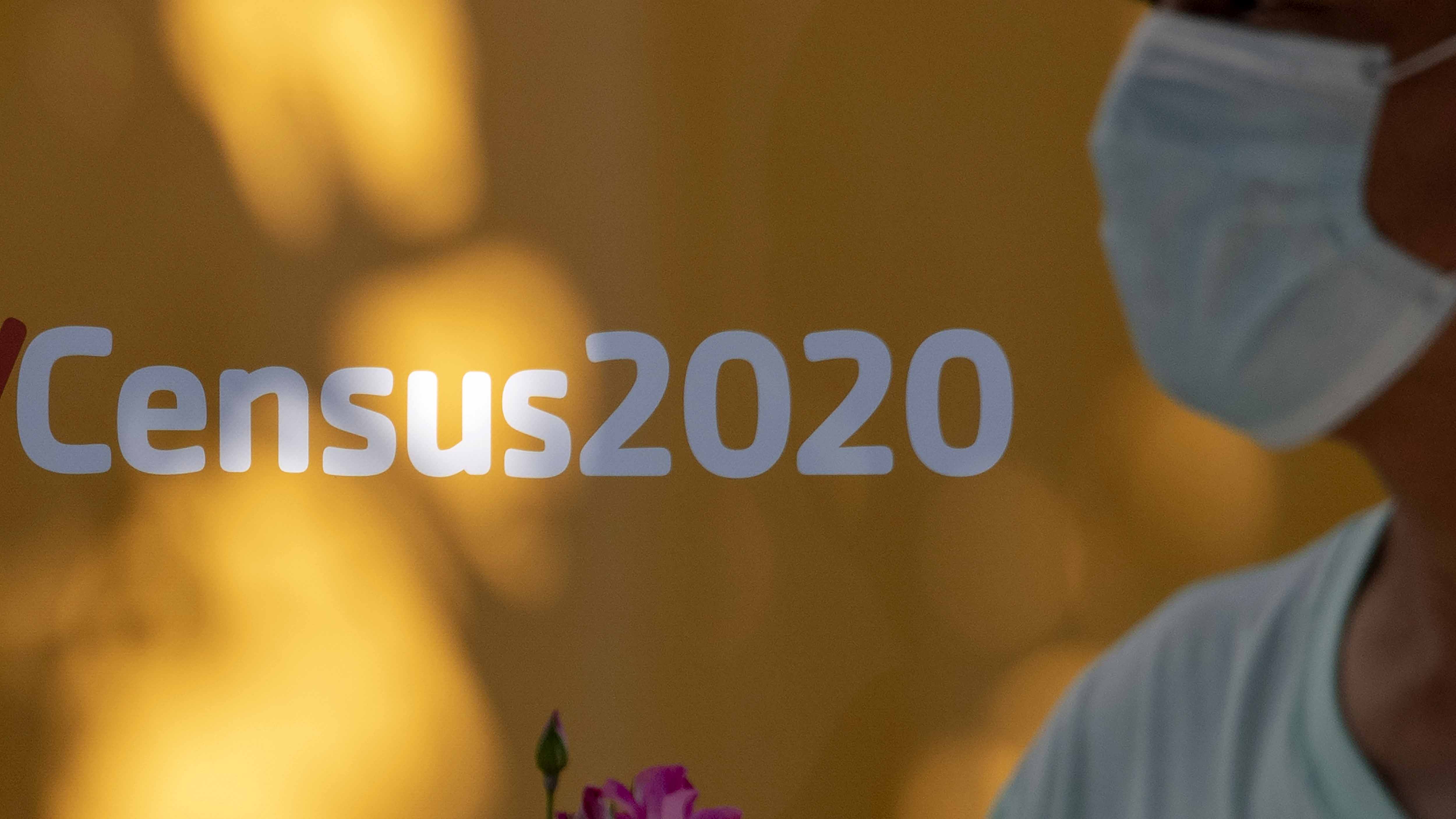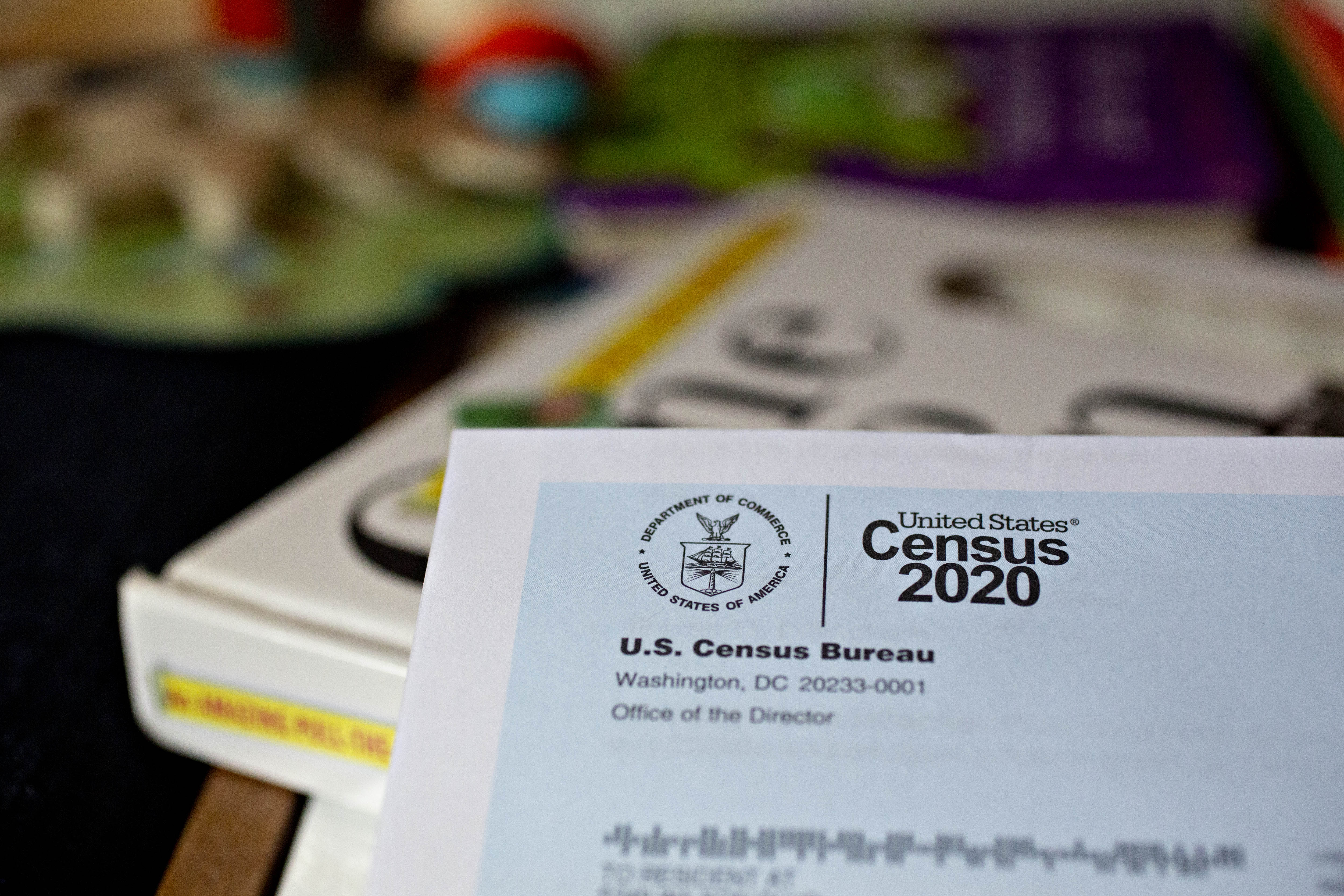What to Know
- Only about 55% of Philadelphia households have responded to the census online, by phone or through the mail.
- An inaccurate count, with low response rates, means Philly may lose billions in federal dollars over the next 10 years.
- The deadline to complete the census is Sept. 30.
With less than a month to go, Philadelphians are sorely behind in responding to the U.S. Census, which could lead residents to miss out on billions in federal dollars, as well as Congressional representation, for the next 10 years.
As of Friday, Sept. 11, only about 55% of Philadelphia households had filled out the census questionnaire online, by phone or by mail, according figures from to the U.S. Census Bureau. That’s a worrying sign, given that the once-in-a-decade head count ends Sept. 30 of this year, a month sooner than had been previously announced.
For comparison, about 68% of Pennsylvanians have answered the census online, by mail or by phone – which the Census Bureau refers to as the “self-response” rate.
“It is critically important for all Philadelphians to stand up and be counted,” Mayor Jim Kenney said.
The census seeks to count every person living in the U.S., regardless of citizenship status, meaning non-citizens should fill out the questionnaire, as well. Census counts determine how much in federal funds cities may get, as well as how many lawmakers each district is allotted in the U.S. House of Representatives.
In other words, if you want adequate funding and representation in Congress, you need to fill out the census.
“Federal dollars tied to census data have more than doubled since January 2019,” said Stephanie Reid, the executive director of Philly Counts, the city’s program to get residents to fill out the questionnaire.
Currently, census data is tied to $1.5 trillion in yearly federal funding. That means, over 10 years, Philadelphians could lose out in billions of dollars, Reid said.
“That means money that belongs in Philadelphia is going to the suburbs,” she added.
While the census completion rate in Pennsylvania jumps to about 90% when including questionnaires filled out after door-knocks from Census Bureau workers, Philadelphia is still lagging.
It’s unclear what the total response rate is for Philadelphia when factoring in door knocks, officially called “nonresponse followups.” The Census Bureau has not provided Philadelphia with the number of nonresponse followups and other important data points, which makes it difficult for Philly Counts to know exactly how many households are left to count in the city.
Nevertheless, Reid said, “We know that self-response is the most accurate response,” meaning people should look at the 55% rate in Philadelphia and be worried.
A Bureau spokeswoman pointed NBC10 to a map that shows results by area census offices - there are two in Philly. In one area covering South Philly, Center City and most of the northwest neighborhoods, 60% of those followup cases were counted.
The other area census office, which covers parts of North Philly and all of the Northeast, has counted 53% of its followup cases.
The response rate from college students has also been low, partly because of confusion caused when they were sent home due to the COVID-19 outbreak, Reid said. That’s significant in a city with as many colleges and universities as Philadelphia.
College students should be filling out the census based on “the on or off-campus residence where they live and sleep most of the time, even if they are at home on April 1, 2020,” according to Census Bureau guidance. In other words, even if students went to another city, county or state because of the coronavirus, they should fill out the census as if they were still in Philadelphia.
The census only takes a few minutes to complete. If you haven’t done so already, you can fill it out online, over the phone by calling 844-330-2020 (if you prefer to answer in a language other than English, find the number for your preferred language here), by mail if you’ve received a printed questionnaire from the Census Bureau or in person if you get a knock at your door from a census worker.
“What we tell people when we’re out on the street is, ‘Complete it today,’” Reid said.
Filling out the census is also legally required. Though the Census Bureau can share respondents’ information, it can only do so after 72 years, meaning people should not be overly concerned about privacy.
This year’s census has been racked with controversy, as well as delays caused by the coronavirus pandemic, threatening the accuracy of the count.
Moving the end of the count from Oct. 31 to Sept. 30 could lead to “serious errors,” according to an internal Census Bureau document obtained by NBC News.
More than a half-dozen cities have sued President Donald Trump’s administration for cutting this year’s census short by a month, arguing that the shorter timeframe to collect responses will hurt communities of color, as well as cities with large immigrant populations.
Meanwhile, the COVID-19 outbreak forced the bureau to delay door-knocking campaigns to get people to fill out the questionnaire.
The bureau also requested that it be given until April 30 of next year to turn in data, but while the Democratic-controlled House approved legislation to make that happen, it went nowhere in the Republican-controlled Senate.
A federal judge ruled that the Census Bureau must cease all slow-downs related to the shortened Sept. 30 deadline, but it's unclear if the timeframe will be extended.
NBC10's Joe Brandt contributed to this report.



